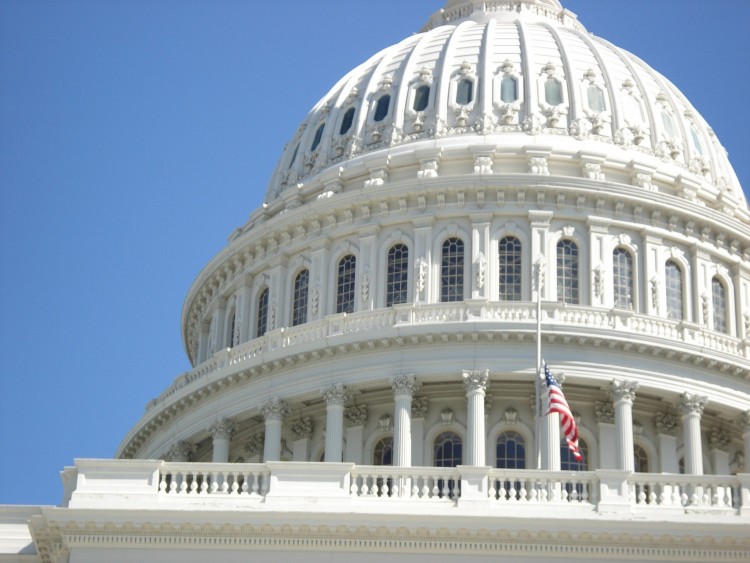U.S. Government Shutdown Hours Away: What Stops, What Continues for Korean Americans

WASHINGTON/NEW YORK - Federal funding expires at 12:01 a.m. ET on Wednesday, Oct. 1, and agencies are preparing to execute legally required "lapse in appropriations" plans unless Congress passes a stopgap bill in time. Those plans furlough many non-excepted employees while keeping life-and-property functions running. The Office of Personnel Management has circulated special instructions for an orderly shutdown-how to issue furlough notices, which staff report for wind-down tasks, and how "excepted" work proceeds without pay until funding resumes.
As of 3:00 p.m. ET on Sept. 30, Congress still had no final deal. Senate leaders were lining up last-minute votes while the White House and departments advanced contingency steps for a possible 12:01 a.m. lapse. Live Hill tick-tocks and agency advisories indicate timelines remain tight.
What a shutdown actually means is uneven by design. Excepted operations-air traffic control, certain law-enforcement and safety missions-continue. Non-excepted activities pause and staff are furloughed and barred from working. DHS has issued department-wide definitions and procedures aligned with OPM's shutdown-furlough guidance.
Immigration and travel. Most day-to-day USCIS casework is fee-funded, so filings (e.g., H-1B amendments, I-140s, many I-485s) are generally accepted and processed, though some timelines can slow. By contrast, employers typically cannot use E-Verify during a lapse; in prior shutdowns the system went offline and the normal three-day case-creation rule was tolled until service returned. Passports and consular visas at the State Department are also fee-funded and usually continue, but individual posts may triage appointments if local resources tighten. Travelers should allow extra time and monitor post-level notices.
Air travel and airports. Controllers and TSA officers work without pay, but other FAA work-inspections, hiring/training, some modernization-faces slowdowns or pauses, raising risk of delays if a lapse drags on. Airlines and aviation coalitions again warned Congress that backlogs from furloughs can ripple through the system even after funding is restored.
National parks. Advocacy groups are urging the National Park Service to close sites or sharply limit services during a lapse, citing damage at unstaffed parks in past shutdowns. NPS contingency documentation last updated under a prior administration anticipated most sites closed with reduced visitor services where physically accessible. Visitors should check site-specific alerts on the day of travel.
Defense and the federal workforce. DoD's plan anticipates widespread civilian furloughs while uniformed service members remain on duty. Across agencies, excepted staff work without pay until appropriations resume; non-excepted staff are placed on furlough. The Congressional Budget Office now estimates up to ~750,000 federal workers could be furloughed on a typical day of a broad shutdown.
For Korean Americans and Korean nationals in the U.S. If you have time-sensitive USCIS filings, submit as planned (consider premium options) and keep delivery records. Employers should plan around E-Verify unavailability and document good-faith steps for later compliance windows. For passports/visas, bring proof of fee payment and itineraries, and watch post notices for triage. For national parks, confirm same-day operating status and carry a backup plan. The practical bottom line is consistent with prior lapses: safety and fee-funded lines continue (often more slowly), E-Verify goes dark, and many back-office services pause until Congress acts.



